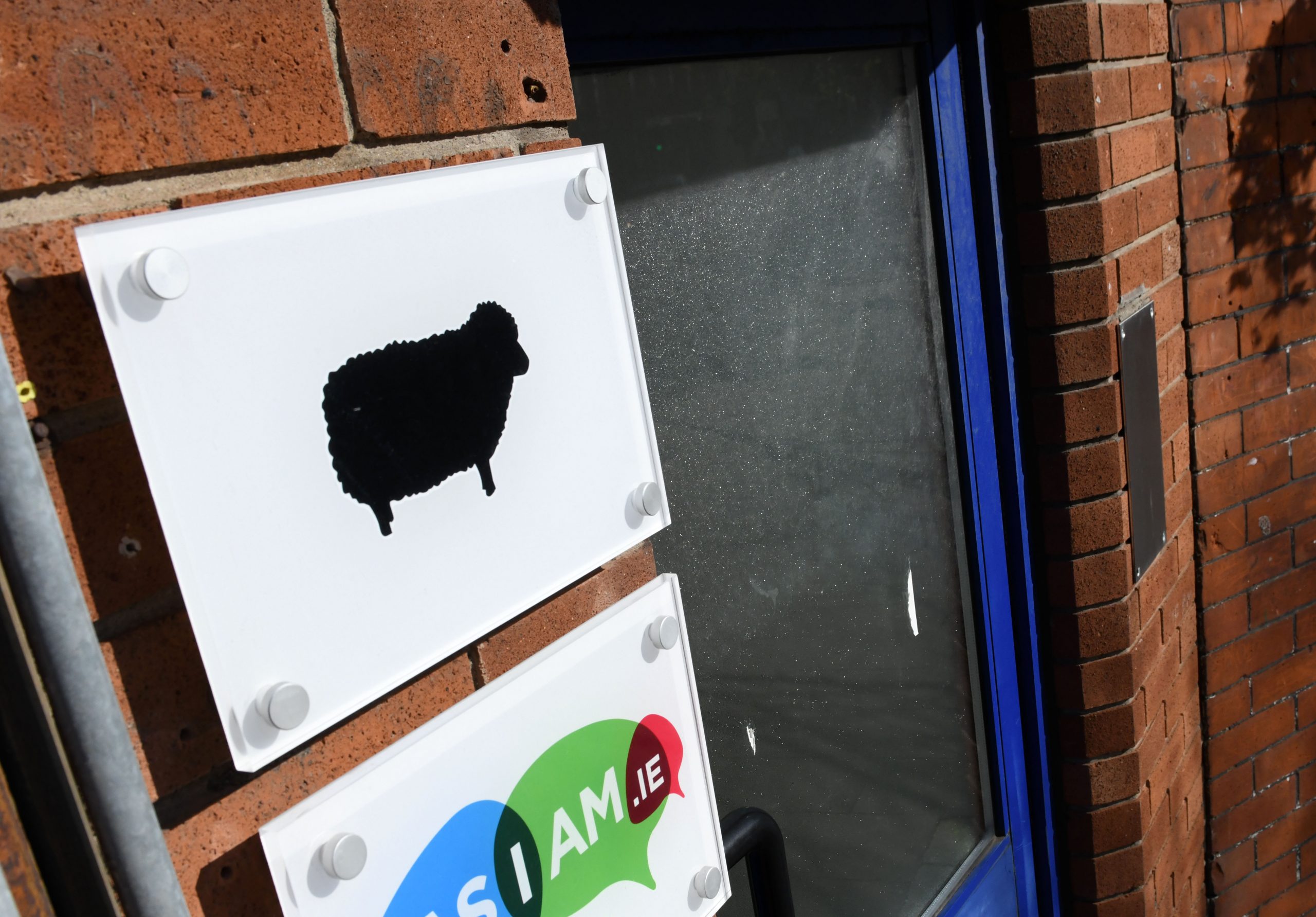Behind a tiny blue door with glass panels in Blackrock village in South Co Dublin hides one of Ireland’s fast-growing and most successful wealth managers. Blacksheep Fund Management is squeezed between a jewellery shop and a clothing boutique. Neither pedestrians waiting at a bus stop outside or smokers loitering on the street outside the Wicked Wolf bar nearby take a second glance at it. Its door is marked by a black sheep logo that looks like it might suit a graphic design firm. Yet, in fact, it represents a highly sophisticated business. It does not have a public website and…
Cancel at any time. Are you already a member? Log in here.
Want to read the full story?
Unlock this article – and everything else on The Currency – with an annual membership and receive a free Samsonite Upscape suitcase, retailing at €235, delivered to your door.

